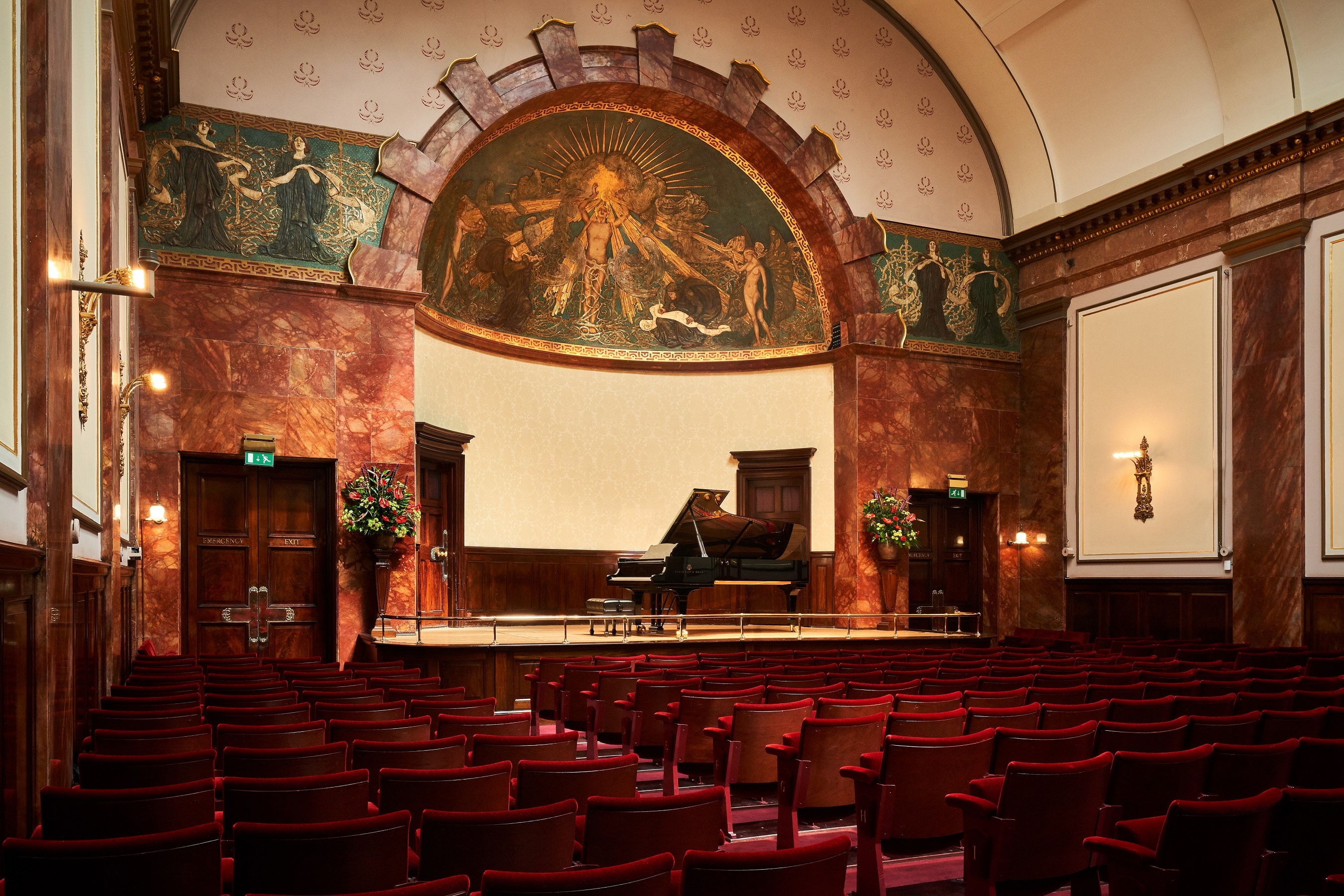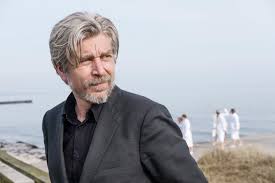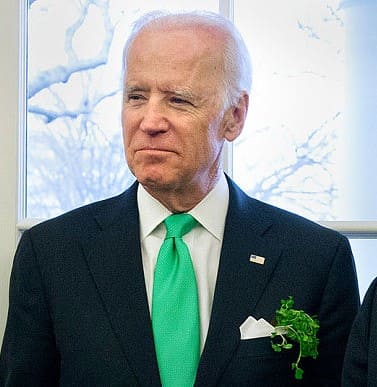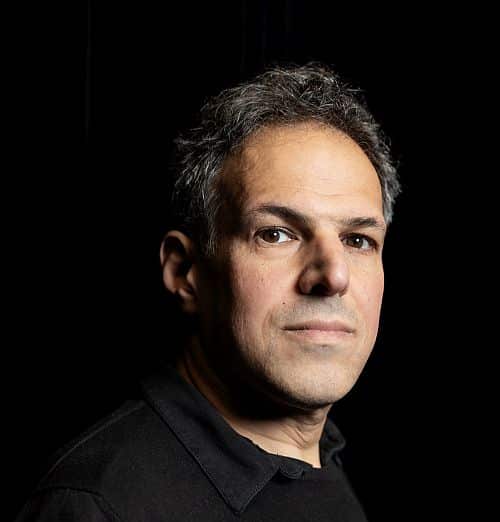How to become a fully qualified pop singer
mainFrom the Royal Northern College of Music in Manchester:
The RNCM is launching the UK’s first ever four-year BMus (Hons) Degree in Popular Music this week. One of only three four-year popular music degrees in the world, the course provides intensive training for instrumentalists and singers with a high level of performing ability who intend to work as freelance musicians, bands and artists in the popular music industry.
Your thoughts?






Comments